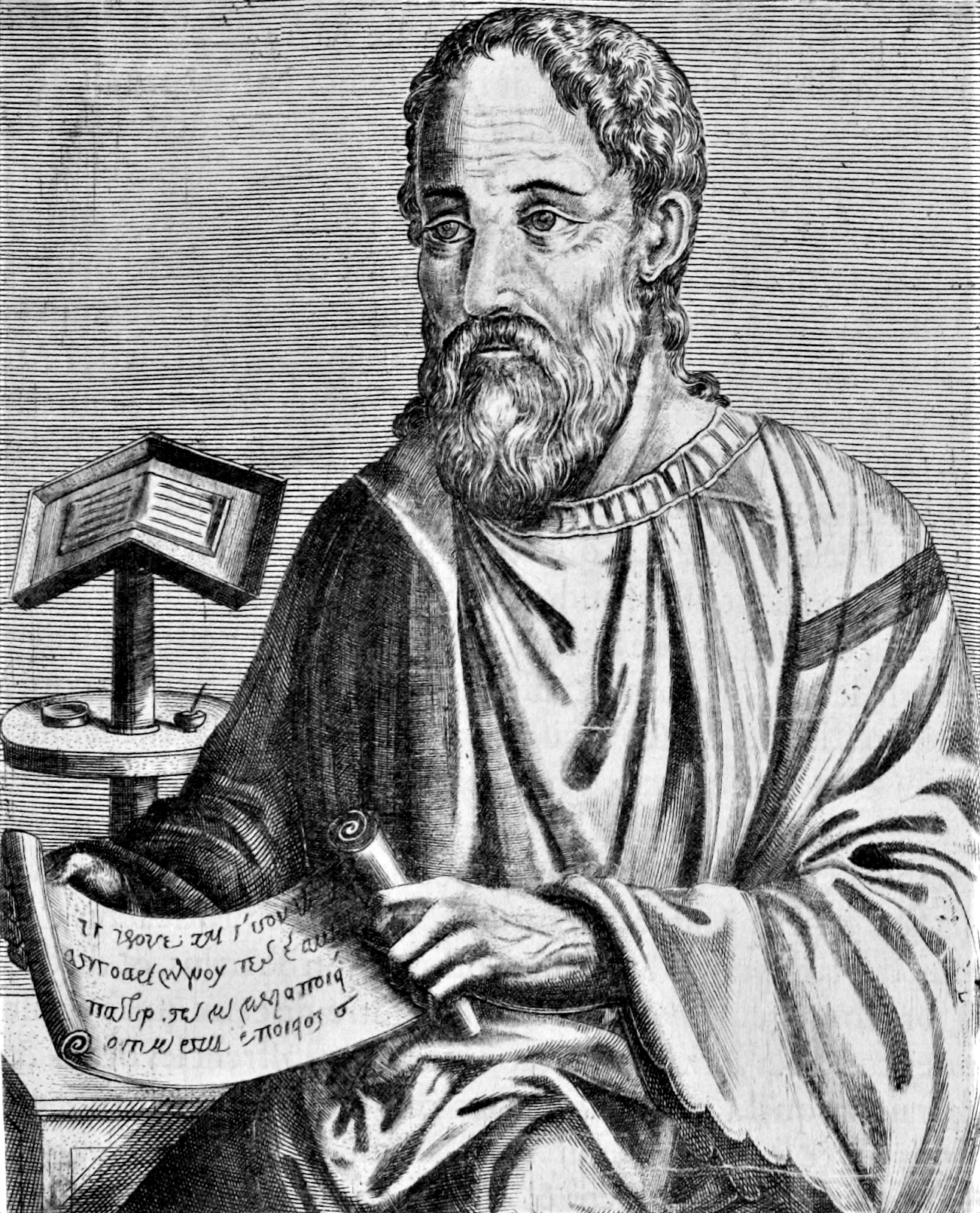|
Onomasticon
Onomasticon may refer to: *Onomasticon (Eusebius) *Onomasticon of Amenope *Onomasticon of Joan Coromines *Onomasticon of Julius Pollux *Onomasticon of Johann Glandorp *''Onomasticon Anglo-Saxonicum Onomasticon may refer to: *Onomasticon (Eusebius) *Onomasticon of Amenope *Onomasticon of Joan Coromines *Onomasticon of Julius Pollux Julius Pollux ( el, Ἰούλιος Πολυδεύκης, ''Ioulios Polydeukes''; fl. 2nd century) was a Greek s ...'' (1897), or Searle's Onomasticon, by William George Searle {{disambig ... [...More Info...] [...Related Items...] OR: [Wikipedia] [Google] [Baidu] |
Onomasticon (Eusebius)
The ''Onomasticon'' compiled by Eusebius of Caesarea (more properly, ''On the Place-Names in the Holy Scripture'', , ''Peri tōn topikōn onomatōn tōn en tē Theia Graphē'', in Greek) is a directory of place names, or "gazetteer", a primary source that provides historical geographers with a contemporary knowledge of early 4th-century Palestine and Transjordan. It sits uneasily between the ancient genres of geography and lexicography, taking elements from both but serving as a member of neither. It is, according to many, the most important book for the study of Palestine in the Roman period. Background Eusebius' description of his own method, who wrote: "I shall collect the entries from the whole of the divinely inspired Scriptures, and I shall set them out grouped by their initial letters so that one may easily perceive what lies scattered throughout the text," implies that he had no similar type of book to work from; his work being entirely original, based only on the text ... [...More Info...] [...Related Items...] OR: [Wikipedia] [Google] [Baidu] |
Onomasticon Of Amenope
The Onomasticon of Amenope is an ancient Egyptian papyrus from the late 20th Dynasty to 22nd Dynasty. It is a compilation belonging to a tradition that began in the Middle Kingdom, and which includes the ''Ramesseum Onomasticon'' dating from the end of the Twentieth Dynasty of Egypt, no earlier than the reign of Ramesses IX (reigned 1129–1111 BCE). Nine copies of the document are known, of which the original Golenischeff copy is the most complete.Medjay in the Onomasticon of Amenenope "The Onomasticon of Amenemope was originally composed at the end of the Twentieth Dynasty, no earlier than ... [...More Info...] [...Related Items...] OR: [Wikipedia] [Google] [Baidu] |
Onomasticon Anglo-Saxonicum
Onomasticon may refer to: *Onomasticon (Eusebius) *Onomasticon of Amenope *Onomasticon of Joan Coromines *Onomasticon of Julius Pollux Julius Pollux ( el, Ἰούλιος Πολυδεύκης, ''Ioulios Polydeukes''; fl. 2nd century) was a Greek scholar and rhetorician from Naucratis, Ancient Egypt.Andrew Dalby, ''Food in the Ancient World: From A to Z'', p.265, Routledge, 2003 E ... *Onomasticon of Johann Glandorp *'' Onomasticon Anglo-Saxonicum'' (1897), or Searle's Onomasticon, by William George Searle {{disambig ... [...More Info...] [...Related Items...] OR: [Wikipedia] [Google] [Baidu] |
Julius Pollux
Julius Pollux ( el, Ἰούλιος Πολυδεύκης, ''Ioulios Polydeukes''; fl. 2nd century) was a Greek scholar and rhetorician from Naucratis, Ancient Egypt.Andrew Dalby, ''Food in the Ancient World: From A to Z'', p.265, Routledge, 2003 Emperor Commodus appointed him a professor-chair of rhetoric in Athens at the Academy — on account of his melodious voice, according to Philostratus' ''Lives of the Sophists.'' Works Pollux was the author of the ''Onomasticon'' (), a Greek thesaurus or dictionary of Attic synonyms and phrases, in ten books, each prefaced with a dedication to the emperor Commodus. The work forms part of the Atticist movement of the Second Sophistic, and was intended to provide a full catalogue of the Greek vocabulary derived from classical texts that an accomplished orator could deploy. Within this movement, Pollux shows himself "a liberal and inclusive Atticist," willing to admit vocabulary from classical authors in non-Attic dialects (like Herodotu ... [...More Info...] [...Related Items...] OR: [Wikipedia] [Google] [Baidu] |
Joan Coromines
Joan Coromines i Vigneaux (; also frequently spelled ''Joan Corominas''; Diccionario crítico etimológico castellano e hispánico, by Joan Corominas icand José Antonio Pascual, Editorial Gredos, 1989, Madrid, . Barcelona, Catalonia, Spain 1905 – Pineda de Mar, Catalonia, Spain, 1997) was a linguist who made important contributions to the study of Catalan, Spanish, and other Romance languages. His main works are the ''Diccionario crítico etimológico de la lengua castellana'' (1954-1957), in four volumes, first version of his etymological dictionary of Spanish (with an abridged version, ''Breve diccionario etimológico de la lengua castellana'', first published in 1961); the '' Diccionari etimològic i complementari de la llengua catalana'', which investigates the origin of most words in the Catalan language (9 volumes); the ''Onomasticon Cataloniae'', documenting place and person names, old and new, in all the Catalan-speaking territories (8 volumes); and, with José An ... [...More Info...] [...Related Items...] OR: [Wikipedia] [Google] [Baidu] |
Johann Glandorp
Johann Glandorp (August 1, 1501 in Münster - February 22, 1564 in Herford) was a German humanist, educator, poet, theologian, and reformer. Life Glandorp was born in Münster, the son of a tailor, he was educated at the Gymnasium Paulinum in his native city. At the age of 17 he went to the city of Rostock, and then returned in 1522 to Münster and became a teacher at the Gymnasium Paulinum. In 1529 he went to Wittenberg and became a student there of German reformer Philip Melanchthon, a collaborator with Martin Luther. As the Protestant Reformation progressed, Glandorp in 1532 took a position overseeing a large Latin school, established under the Conventual Franciscans. This school did not last long. Finding himself in conflict with Anabaptist leader of Münster Bernhard Rothmann, he had to leave the city in February 1534. He endeavored to find employment in several places, but could not find a position. He asked the Landgrave Philip I take him in Hesse, and this secured him the ch ... [...More Info...] [...Related Items...] OR: [Wikipedia] [Google] [Baidu] |

.jpg)